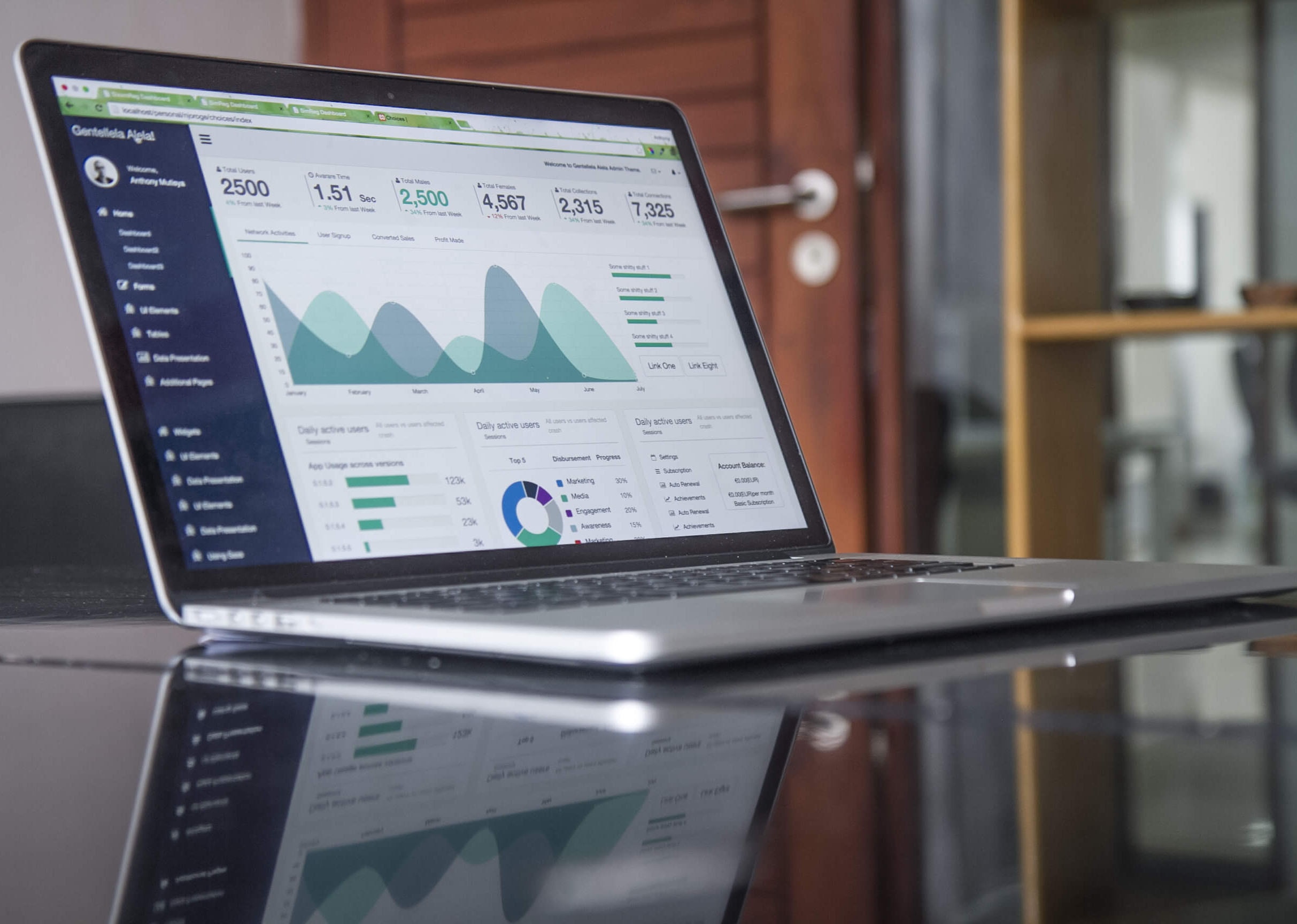
Advanced Banking Skills for Teens: Building Financial Confidence and Smart Habits
Banking might seem like something you don’t need to think about until you’re an adult, but starting early can help you build strong financial habits for the future. Understanding how to manage a bank account, use a credit card wisely, leverage mobile banking, and establish a good credit history are valuable skills that set the foundation for financial success. Let’s explore these advanced banking topics in a way that will help you make smart decisions now and in the future.

Smart Uses and Risks of Credit Cards
Credit cards are powerful tools, but they come with both benefits and risks. Learning how to use a credit card responsibly now can help you avoid debt and build good credit.
Benefits of Using a Credit Card
When used carefully, credit cards can provide convenience, security, and even rewards like cash back or points. Some key benefits include:
Building Credit:
Credit cards help you build a credit history, which is important for future financial opportunities, like getting a loan or renting an apartment.
Convenience:
Credit cards are easy to carry and use, making them handy for online and in-person purchases.
Emergency Fund Access:
In emergencies, credit cards can help cover unexpected expenses until you can pay them back.
Risks to Watch Out For
The convenience of credit cards can also lead to risks. Here are some common pitfalls to avoid:
High Interest Rates:
If you don’t pay off your balance in full each month, you’ll be charged interest on the remaining balance. Credit card interest rates are often high, making it easy to fall into debt.
Overspending Temptation:
It’s easy to spend more with a credit card than you can afford to pay back. Avoid using a credit card for purchases you can’t pay for with cash in your account.
Credit Score Impact:
Missed payments and high balances can harm your credit score, which impacts your ability to borrow money in the future. Making payments on time is key to maintaining good credit.
Understanding these basics will help you start off on the right foot if and when you decide to get a credit card.
Mastering Account Management

Account management is the process of keeping track of the money in your bank accounts and making sure it’s being used responsibly. Knowing how to manage your account effectively can help you avoid overdraft fees and keep your finances organized.

Balancing Your Account
Balancing your account means keeping track of your deposits (money you add) and withdrawals (money you spend) so you know how much is available. This can help prevent overdraft fees, which occur when you spend more than you have in your account.
Tracking Your Spending
Keeping a close eye on your spending helps you stick to a budget and avoid overspending. Some people like to write down their purchases in a notebook or use a budgeting app to track where their money is going.


Setting Up Alerts and Notifications
Most banks offer free alerts for things like low balances, deposits, and large transactions. Setting up these alerts can help you stay aware of your account activity and prevent issues like overdrafts.
Navigating Mobile Banking
Mobile banking has become a popular and convenient way to manage finances. With mobile banking, you can access your accounts, make payments, and even deposit checks right from your phone.
Setting Up Mobile Banking
To get started with mobile banking, download your bank’s app, and log in with your online banking credentials. Once you’re logged in, you can view your balances, make transfers, pay bills, and much more.

Making the Most of Mobile Banking Features
Mobile banking offers many features that make managing money easier:
Mobile Check Deposit:
Most banking apps let you deposit checks by taking a picture of the front and back of the check. This saves a trip to the bank.
Bill Pay:
Many apps let you schedule regular payments for bills, like your phone bill or gym membership. This can help you avoid late fees and keep your finances organized.
Budgeting Tools:
Some banking apps come with budgeting tools that categorize your spending and help you track where your money is going. These tools can be helpful for setting saving goals or monitoring spending.
Staying Secure with Mobile Banking
Using mobile banking comes with some security responsibilities:
Use Strong Passwords:
Create a strong, unique password for your mobile banking app to protect your account.
Enable Two-Factor Authentication:
This feature provides an extra layer of security by requiring a code (sent to your phone or email) in addition to your password when logging in.
Be Cautious with Public Wi-Fi:
Avoid accessing your bank account on public Wi-Fi networks, which are often less secure. If you need to use public Wi-Fi, consider using a Virtual Private Network (VPN) for added security.
Types of Payment Methods
Today, there are many ways to pay for things beyond cash and credit cards:
Debit Cards:
Debit cards are linked directly to your bank account and only allow you to spend money that you have. They’re a good alternative to credit cards for controlling spending.
Digital Wallets (e.g., Apple Pay, Google Pay):
Digital wallets store your payment information on your smartphone, allowing you to pay with just a tap. They’re secure and convenient, especially for small purchases.
Peer-to-Peer Payment Apps (e.g., Venmo, Cash App):
These apps let you send and receive money directly from friends and family. They’re useful for splitting bills, but it’s essential to only use them with people you know and trust.

Understanding Payment Systems
As digital payments become more common, understanding the different payment systems available can help you make safe and informed choices.
Using Payment Systems Wisely
Each payment system has its pros and cons, so it’s important to choose the right one for each situation. For instance, a debit card may be better for budgeting, while a credit card might be useful for larger purchases that you can pay off in full.

The Value of Building Good Credit
Your credit score is a measure of how trustworthy you are with borrowed money. Even if you don’t need credit now, building good credit can help you later in life when you need a car loan, student loan, or even a rental apartment.

Building a Good Banking Relationship
Building a strong relationship with your bank can make managing your finances easier and provide extra support when needed.
Choosing the Right Bank
Choosing a bank that meets your needs is important. Look for a bank that offers good customer service, convenient locations (if you want a physical bank), and features like mobile banking and no or low fees.
Getting to Know Your Bankers
Having a positive relationship with your bank’s staff can be helpful. If you have questions about your account or need advice, your banker can provide guidance and even suggest financial products that may benefit you, like a student checking account or savings account with high interest.
Asking About Benefits for Students
Many banks offer special benefits for students, including fee waivers, discounts, and even rewards programs. Check with your bank to see if there are any programs that could help you save money or earn perks.
How Credit Scores Work
A credit score is a number that shows lenders how likely you are to repay borrowed money. Your score is calculated based on factors like:
Payment History:
Making payments on time helps build good credit, while late payments hurt your score.
Credit Utilization:
This is the amount of your available credit that you’re using. Keeping your balance below 30% of your credit limit is ideal.
Length of Credit History:
The longer you’ve had credit, the better it can be for your score. Even having a low-limit card or becoming an authorized user on a parent’s card can help build credit history over time.
Why Good Credit Matters
A strong credit score can make a big difference in the future. It affects your ability to:
Get Approved for Loans and Credit Cards:
A good score can help you qualify for better loans with lower interest rates.
Rent an Apartment:
Some landlords check credit scores to make sure you’re financially reliable.
Get Better Insurance Rates:
Some insurance companies offer lower rates to people with good credit because they’re seen as less risky customers.
Building credit takes time and consistency. By making responsible choices with credit now, you can set yourself up for greater financial freedom in the future.
Wrapping Up
Advanced banking skills aren’t just for adults—learning them now can set you up for success later in life. From responsible credit card use to mastering mobile banking and understanding the value of good credit, these skills give you control over your financial future. Start practicing good habits, stay organized with account management, and remember the importance of a good credit score. With these skills, you’ll be ready to make smart financial decisions as you grow.